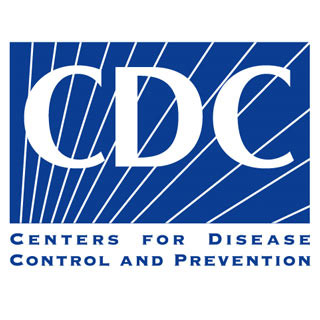
Insufficient sleep is linked to many unhealthy behaviors like physical inactivity, alcohol consumption, smoking, aggression and sexually activeness. The 2007 Youth Risk Behavior Survey constituted high school students who were inquired on the number of hours they get sleep on an average school night. The report showed that 68.9% of adolescents get inadequate sleep that is less than 8 hours. These participants also seemingly succumbed to health-risk behaviors as compared to those who slept sufficiently that is recommended by the National Sleep Foundation.
“Many adolescents are not getting the recommended hours of sleep they need on school nights. Insufficient sleep is associated with participation in a number of health–risk behaviors including substance use, physical fighting, and serious consideration of suicide attempt. Public health intervention is greatly needed, and the consideration of delayed school start times may hold promise as one effective step in a comprehensive approach to address this problem,” commented Lela McKnight–Eily, PhD, Division of Adult and Community Health.
The study unfolded 10 risk behaviors that could be attributed to less sleep. These include soda or pop consumption, less physical activity, more exposure to computers, aggression, smoking, alcoholism, drug use, sexual activeness, depression, and suicidal tendencies.
The analysis is published in Preventive Medicine.
